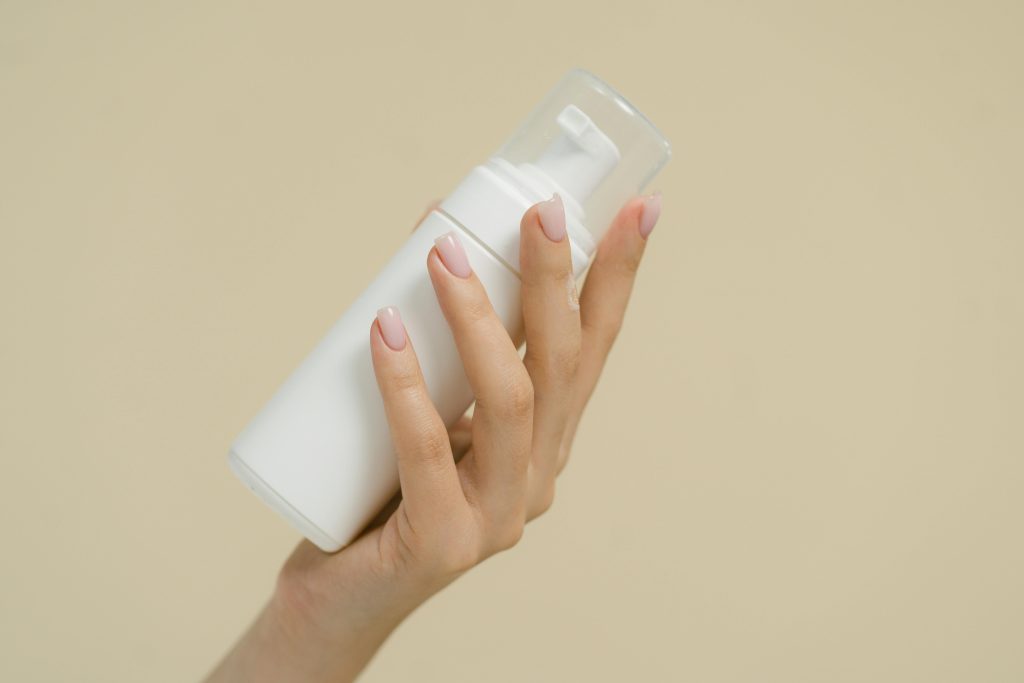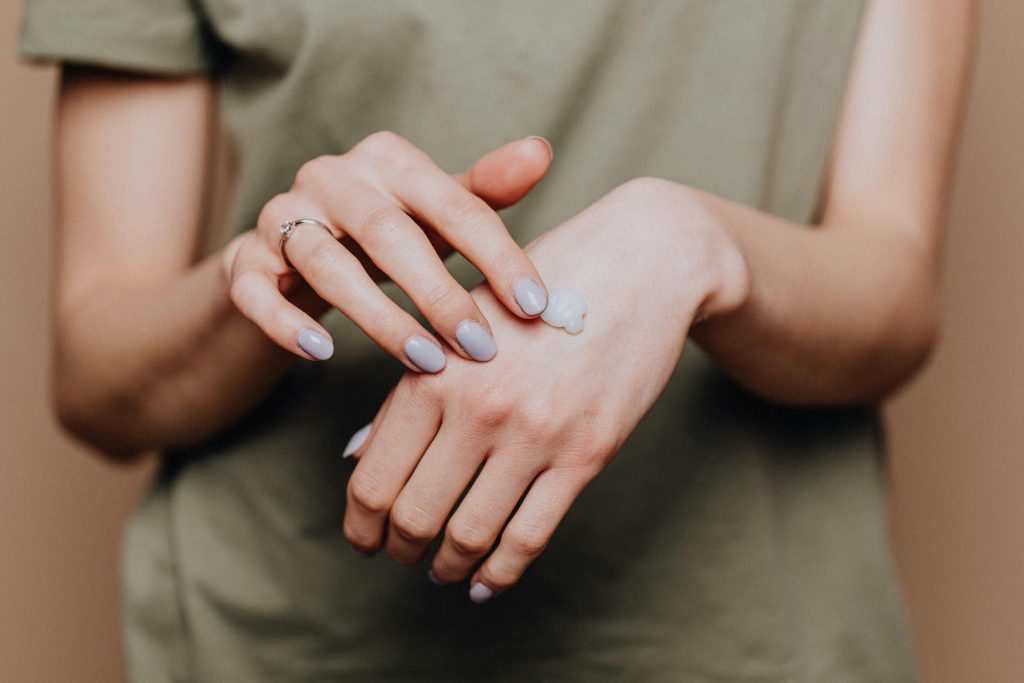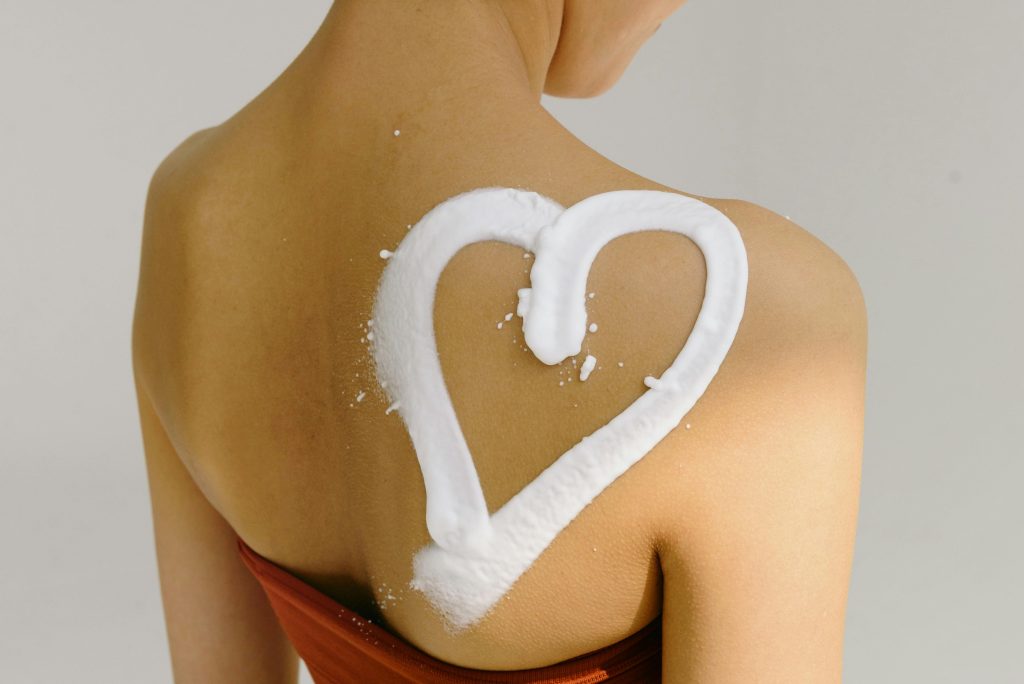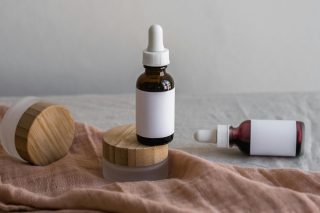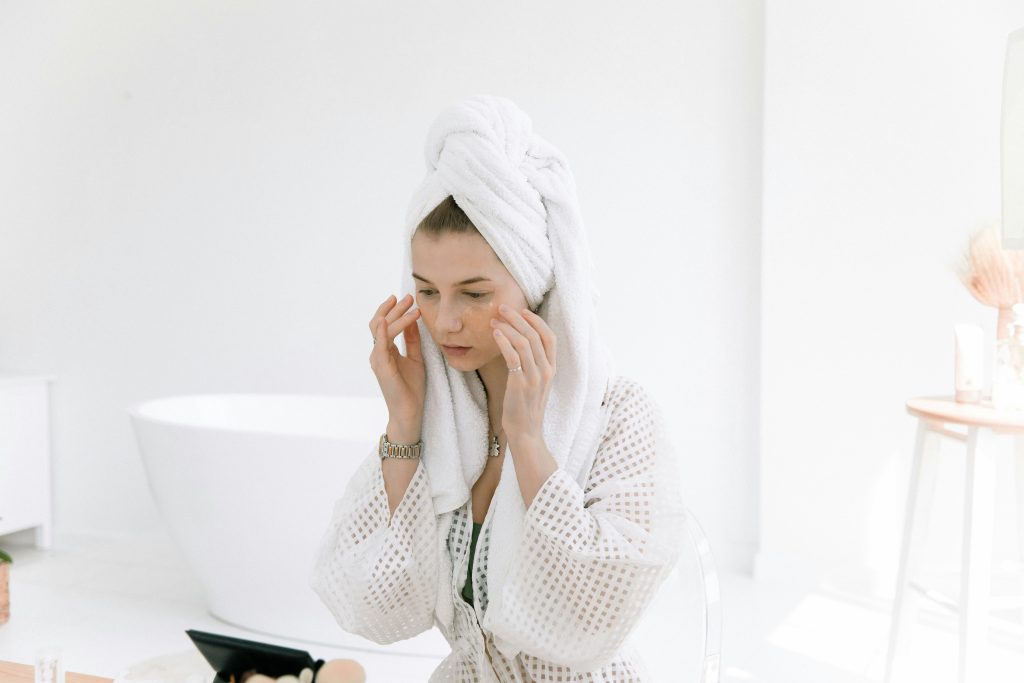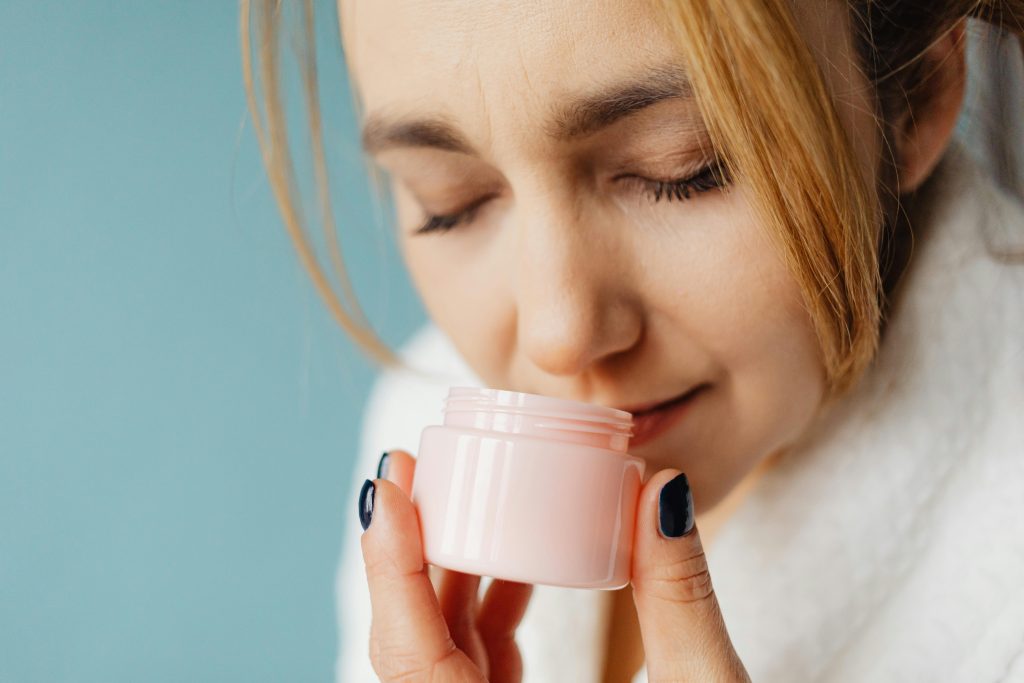
As an Amazon Affiliate, I earn a commission for the products linked below
The Ultimate Skincare Guide for Sensitive Skin
Sensitive skin can be challenging to manage, as it tends to react to various products and environmental factors.
This guide is for you if you often experience redness, itching, or breakouts after using new skincare products.
Here, we’ll cover how to build a gentle yet effective routine, the best ingredients to look for, recommended products, and tips to avoid common irritants.
What Is Sensitive Skin?
Sensitive skin is characterized by increased reactivity to external factors, including skincare products, environmental changes, and stress.
Common signs include:
🔸 Redness and blotchiness
🔸 Itching or stinging sensations
🔸 Dryness and flakiness
🔸 Small, red bumps or rashes
🔸 Burning or tightness after applying products
Sensitive skin is not a medical diagnosis but rather a skin type that requires extra care and attention.
Building the Perfect Skincare Routine for Sensitive Skin
1. Cleanse Gently
Choose a mild, fragrance-free cleanser that doesn’t strip the skin’s natural oils.
Look for:
✅ Cream or lotion-based cleansers: These are less drying.
✅ Hydrating ingredients: Glycerin and ceramides are ideal.
✅ Avoid harsh surfactants: Ingredients like sodium lauryl sulfate (SLS) can irritate.
Recommended Product:
- Cetaphil Gentle Skin Cleanser – Fragrance-free and non-irritating, suitable for sensitive skin.
- La Roche-Posay Toleriane Hydrating Gentle Cleanser – Contains ceramides and niacinamide.
💠 Pro Tip: Wash your face with lukewarm water to prevent irritation.
2. Tone with Care
Many toners contain alcohol or astringents that can cause redness and dryness.
Opt for:
✅ Alcohol-free toners: Look for calming ingredients like aloe vera or chamomile.
✅ Hydrating formulas: Hyaluronic acid and rose water help soothe the skin.
✅ Avoid: Products with menthol or eucalyptus.
Recommended Product:
- Thayers Alcohol-Free Witch Hazel Toner with Aloe Vera – Gentle and hydrating without harsh alcohol.
- Paula’s Choice Enriched Calming Toner – Soothes with antioxidants and no added fragrance.
3. Moisturize Daily
Hydration is essential to keep your skin barrier healthy.
Choose:
✅ Fragrance-free, hypoallergenic moisturizers: These reduce the risk of irritation.
✅ Barrier-strengthening ingredients: Ceramides, niacinamide, and squalane work wonders.
✅ Minimal ingredient lists: Fewer ingredients reduce the risk of a reaction.
Recommended Product:
- CeraVe Moisturizing Cream – Contains ceramides and hyaluronic acid.
- Vanicream Moisturizing Cream – Ideal for extremely sensitive or allergy-prone skin.
💠 Pro Tip: Apply moisturizer to damp skin to lock in hydration.
4. Sun Protection Is Non-Negotiable
Sensitive skin is often prone to sunburn and irritation.
Use:
✅ Mineral sunscreens: Zinc oxide and titanium dioxide are less irritating.
✅ Broad-spectrum SPF 30+: Provides adequate protection without causing breakouts.
✅ No added fragrance or essential oils: These can increase sensitivity.
Recommended Product:
- EltaMD UV Clear Broad-Spectrum SPF 46 – Great for sensitive, acne-prone skin.
- La Roche-Posay Anthelios Mineral Zinc Oxide Sunscreen SPF 50 – Formulated for sensitive skin.
5. Treat with Caution
If you need to treat issues like acne or hyperpigmentation, choose products carefully:
✅ Niacinamide: Calms inflammation and strengthens the skin barrier.
✅ Azelaic acid: Gentle enough for redness and acne-prone skin.
✅ Avoid retinoids and strong exfoliants initially: Introduce them slowly to assess tolerance.
Recommended Product:
- The Ordinary Niacinamide 10% + Zinc 1% – Reduces redness without irritation.
- Paula’s Choice Azelaic Acid Booster – Lightweight and soothing for sensitive skin.
Ingredients to Look For
🔷 Centella Asiatica: Reduces redness and soothes irritation.
🔷 Oat Extract: Calms and hydrates dry, sensitive skin.
🔷 Allantoin: Helps reduce discomfort and supports skin healing.
🔷 Colloidal Oatmeal: Ideal for eczema-prone, sensitive skin.
Ingredients to Avoid:
🔶 Alcohol: Dries out and irritates the skin.
🔶 Fragrance and essential oils: Common culprits of allergic reactions.
🔶 Harsh exfoliants: Such as glycolic acid or physical scrubs.
🔶 Preservatives like parabens and formaldehyde: Can trigger contact dermatitis.
Sensitive Skin Tips and Tricks
💠 Patch Test New Products: Apply a small amount behind your ear and wait 24–48 hours.
💠 Simplify Your Routine: Fewer products mean fewer chances of irritation.
💠 Use Soft Towels: Gently pat your skin dry instead of rubbing.
💠 Stay Hydrated: Drinking plenty of water supports your skin’s barrier function.
💠 Watch Your Diet: Spicy foods, alcohol, and caffeine can trigger flare-ups.
FAQs: Sensitive Skin Care
- How often should I exfoliate sensitive skin?
Once a week with a gentle, non-abrasive exfoliant is usually sufficient.
- Can sensitive skin benefit from serums?
Yes, as long as they contain calming and hydrating ingredients like hyaluronic acid and avoid potential irritants.
- Is makeup safe for sensitive skin?
Choose non-comedogenic, fragrance-free products labeled “sensitive skin-friendly.” Mineral makeup is a good option.
- How can I calm an irritated reaction?
Use a soothing mask with aloe or oatmeal and avoid active ingredients until your skin calms down.
- Should I see a dermatologist?
If your sensitivity leads to persistent redness, pain, or discomfort, a dermatologist can recommend prescription treatments or identify triggers.
Final Thoughts:
Managing sensitive skin requires patience and a strategic approach. Prioritize gentle, fragrance-free products and introduce new items slowly.
Protecting your skin barrier with moisturizers and sunscreen is essential to keep irritation at bay.
By following these guidelines and using dermatologist-recommended products, you can achieve a calm, healthy complexion without flare-ups.


